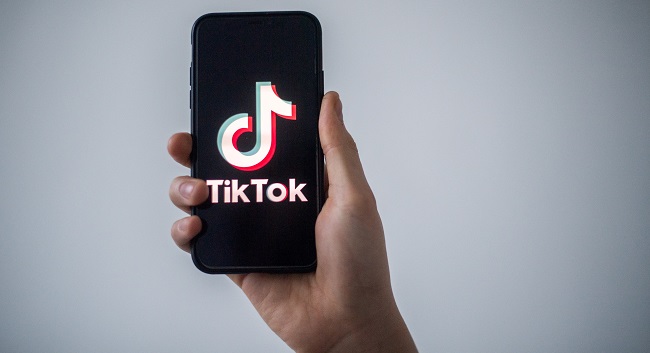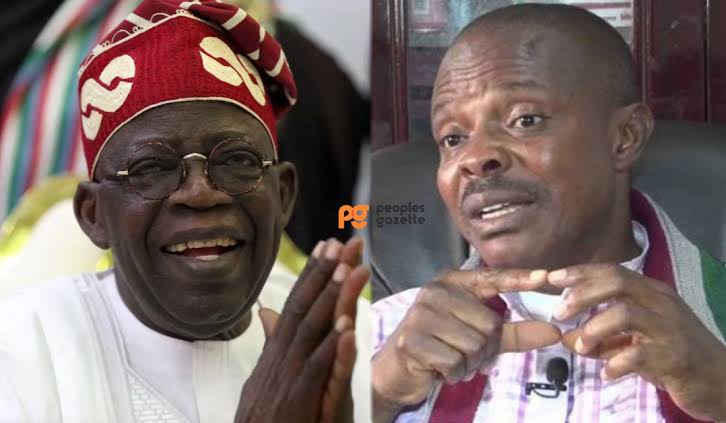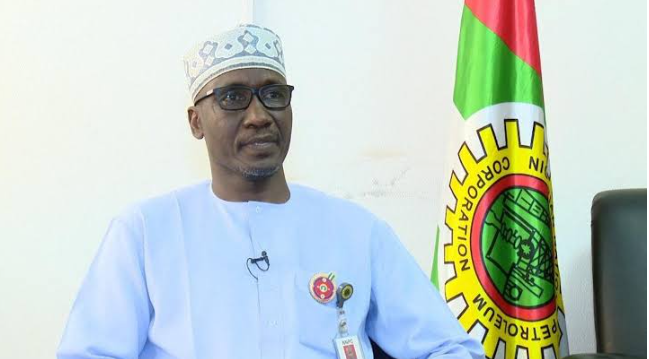News
TikTok Yanks Off 2.1mn Videos In Nigeria Over Guideline Violations — Report

TikTok said it deleted over 2.1 million videos in Nigeria in the second quarter of 2024 for violating its community guidelines.
According to the Community Guidelines Enforcement Report shared on Tuesday, Tiktok said the action is part of the company’s ongoing efforts to enhance content moderation and create a safer platform for users.
“Key findings show that 99.1 per cent of these videos were proactively removed before users reported them, with 90.7 per cent taken down within 24 hours. These figures highlight TikTok’s commitment to staying ahead of harmful content, ensuring a safer platform for Nigerian users,” the report noted.
The affected videos represent less than 1 per cent of the total uploads in Nigeria during the reporting period.
Globally, TikTok said it removed over 178 million videos in June 2024, with 144 million of those removals facilitated through automated systems.
“With a proactive detection rate now at 98.2 per cent globally, TikTok is more efficient than ever at addressing harmful content before users encounter it,” the short-form mobile video platform stated.
It, however, assured that it would continue to invest in technologies aimed at improving content moderation and understanding potential risks.
It also reinforced its dedication to transparency and platform safety for its diverse user base in Nigeria and worldwide.
News
BREAKING! FG delegation in meeting with NLC, TUC

By Kayode Sanni-Arewa
The Federal government delegation is currently meeting with the leaders of organised labour at the Presidential Villa in Abuja.
The meeting is centred on the state of the nation, especially the petrol pricing system.
The meeting is taking place at the Secretary to the Office of the Government of the Federation, SGF, George Akume.
At the meeting are Mallam Nuhu Ribadu, the National Security Adviser, NSA; Nkeiruka Onyejeocha, the Labour Minister; and Wale Edun, Minister of Finance and Coordinating Minister of the Economy.
Others are the Information Minister, Petroleum Minister, State Minister of Gas, and representatives of the Nigerian National Petroleum Corporation, NNPC, Limited.
News
Reps Ask FG To Reverse Petrol Pump Price Hike, Cooking Gas Price

News
PMS Prices Determined By Market Forces, No Price Deal With IPMAN – NNPC

By Kayode Sanni-Arewa
The Nigerian National Petroleum Company (NNPC) Limited has debunked claims that it reached an agreement with the Independent Petroleum Marketers Association of Nigeria (IPMAN), on the price of Premium Motor Spirit (PMS), commonly known as petrol, saying fuel prices are now determined by market forces.
Reports credited to IPMAN President, Abubakar Maigandi had stated that NNPC agreed to reduce the ex-depot price of petrol for its members from N958 per litre to N955 per litre.
Refuting the claim in a statement on Wednesday, the Chief Corporate Communications Officer of the national oil company, Olufemi Soneye, emphasised that under the current deregulated regime, fuel prices are determined by free market forces, as provided for in the Petroleum Industry Act (PIA), 2021 rather than by agreements.
Refuting any form of price deal with Marketers, Soneye said NNPC had only provided a one-time N3 discount to marketers with funds deposited at NNPC to facilitate fuel lifting and prevent shortage, saying the initiative “was a temporary measure”.
Maintaining that prices are still determined by market forces, not by NNPC Ltd, Soneye said, “The market has been deregulated, meaning that petrol prices are now determined by market forces rather than by the government or NNPC Ltd.
“There is no price agreement between IPMAN, NNPC, or any marketer. The market forces determine prices under the current deregulated regime.”
-

 Opinion11 hours ago
Opinion11 hours agoNCC, Starlink tariff feud rattles telecom industry
-

 Politics11 hours ago
Politics11 hours agoPDP Govs Broker Truce, Instruct All Members to Revert to Status Quo
-

 News12 hours ago
News12 hours agoRivers Assembly Boots Fubara’s Key Allies, Declares Seats Vacant Over 152-Day Absence
-

 News9 hours ago
News9 hours agoReps Condemn Inhumane Treatment Of Super Eagles In Libya, Call For Investigation
-

 News7 hours ago
News7 hours agoUgochinyere in hot soup, faces recall as Constituents insist he’s pursuing only personal matters
-

 News12 hours ago
News12 hours agoPDP Governors Shoot Down Rebellion, Pledge United Front
-

 News24 hours ago
News24 hours agoTomi Davies shares success story
-

 News12 hours ago
News12 hours agoPeter Obi Abandons Convoy, Intervenes As Police, Lorry Drivers Clash On Kogi Highway








